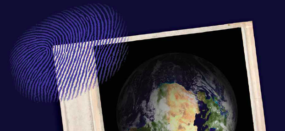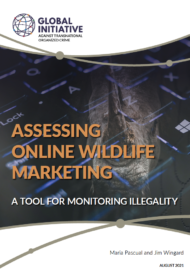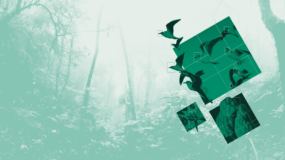Event Details
Posted on 18 Jan 2024
Animals and other species are often voiceless victims of environmental crimes. However, a new legal approach is reshaping how these offences are prosecuted and perceived. This report delves into the innovative concept of species victim impact statements which give a voice in court to the non-human victims of environmental crime.
Historically, such crimes were often marginalized in the legal sphere, treated as minor infractions with little regard for the profound impact on species and ecosystems. Species victim impact statements articulate the harm caused by environmental crimes from an animal rights perspective, the detrimental effects on species populations, the broader ecological damage as well as the associated impact on human populations.
This is an innovative approach that introduces ecocentric concerns into anthropocentric legal systems. It has grown into an effective body of practice, leading to increased sentences for environmental crimes in countries where academics and civil society organizations promoting this tactic are operating. With notable successes in regions like Hong Kong SAR, South Africa and Zambia, the implementation of species victim impact statements has not only heightened the seriousness of environmental crimes in the eyes of the law but also set a precedent for more stringent penalties, thereby acting as a deterrent against future offences.
This guide is based on the experience of those who have successfully developed and used species victim impact statements in the jurisdictions in which they operate. It is designed to aid conservationists, civil society organizations and other interested parties responding to environmental crimes by explaining the background of species victim impact statements and their associated challenges, providing examples of their successful use in practice, and offering guidance on how they can be developed and used in court.
This ‘community tool’ report is based on the concept created by the Hong Kong University Species Victim Impact Statement (SVIS) Initiative, which was started by Associate Professor Amanda Whitfort in 2015. The initiative is a collaboration between the University of Hong Kong’s Law Faculty and Conservation Forensics Laboratory and Kadoorie Farm and Botanical Garden.




